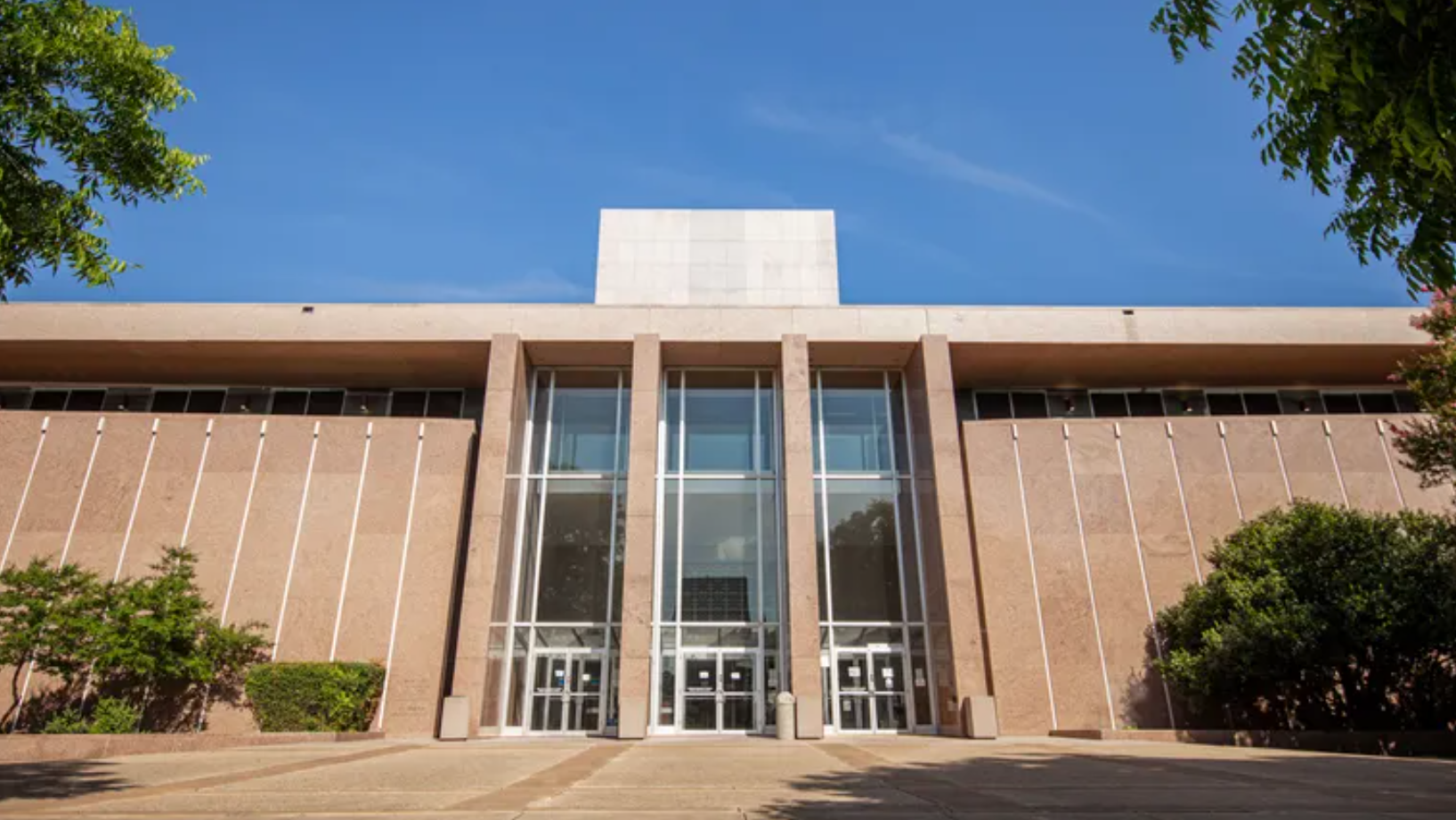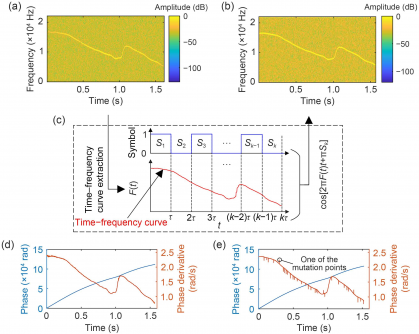UPDATE: The Texas Supreme Court has just ruled that judges in the state can deny performing wedding ceremonies, including for same-sex couples, based on personal religious beliefs. This decision, announced last week, is igniting urgent discussions about the constitutional implications of marriage equality in Texas.
The new judicial conduct code allows judges to refuse to officiate weddings without violating ethics rules, raising immediate concerns about the potential erosion of rights for same-sex couples. David Coale, a constitutional law expert, told FOX 4 that while this ruling does not currently impede same-sex marriage access, it could challenge the constitutional right of equal protection under the law.
The judicial conduct code states: “It is not a violation of these canons for a judge to publicly refrain from performing a wedding based upon a sincerely held religious belief.” This ruling follows a long-standing debate in Texas, especially after a Central Texas judge faced disciplinary action for refusing to conduct same-sex weddings.
Coale emphasizes the significance of the Obergefell vs Hodges ruling, which affirmed that marriage is a fundamental right that includes same-sex couples. He warns that this new policy may lead to complications for couples seeking judges willing to perform their ceremonies. “If I say, ‘go to the guy next door, he can take care of you,’ and the guy is, in fact, next door and takes care of me, that raises serious questions,” Coale stated.
The timing of this decision is critical, as it coincides with a broader wave of legislative changes affecting the LGBTQ+ community in Texas. Earlier this month, Gov. Greg Abbott ordered the removal of political symbols from state roadways, impacting vibrant representations of the Pride movement such as rainbow crosswalks. Coale remarked, “The symbolic value is important… even trivial distinctions can raise serious questions about fundamental rights like marriage.”
As legal battles continue, the U.S. Supreme Court is also considering whether to hear challenges to same-sex marriage, stemming from a Kentucky case where a county clerk refused to issue marriage licenses due to her religious beliefs.
The implications of the Texas Supreme Court’s ruling are profound, not just for same-sex couples but for the legal landscape surrounding marriage equality across the United States. As this situation develops, all eyes will be on Texas to see how these changes affect the rights and experiences of LGBTQ+ individuals in the state.
Stay tuned for more updates on this urgent situation as legal experts and advocates respond to the potential fallout from this groundbreaking decision.







